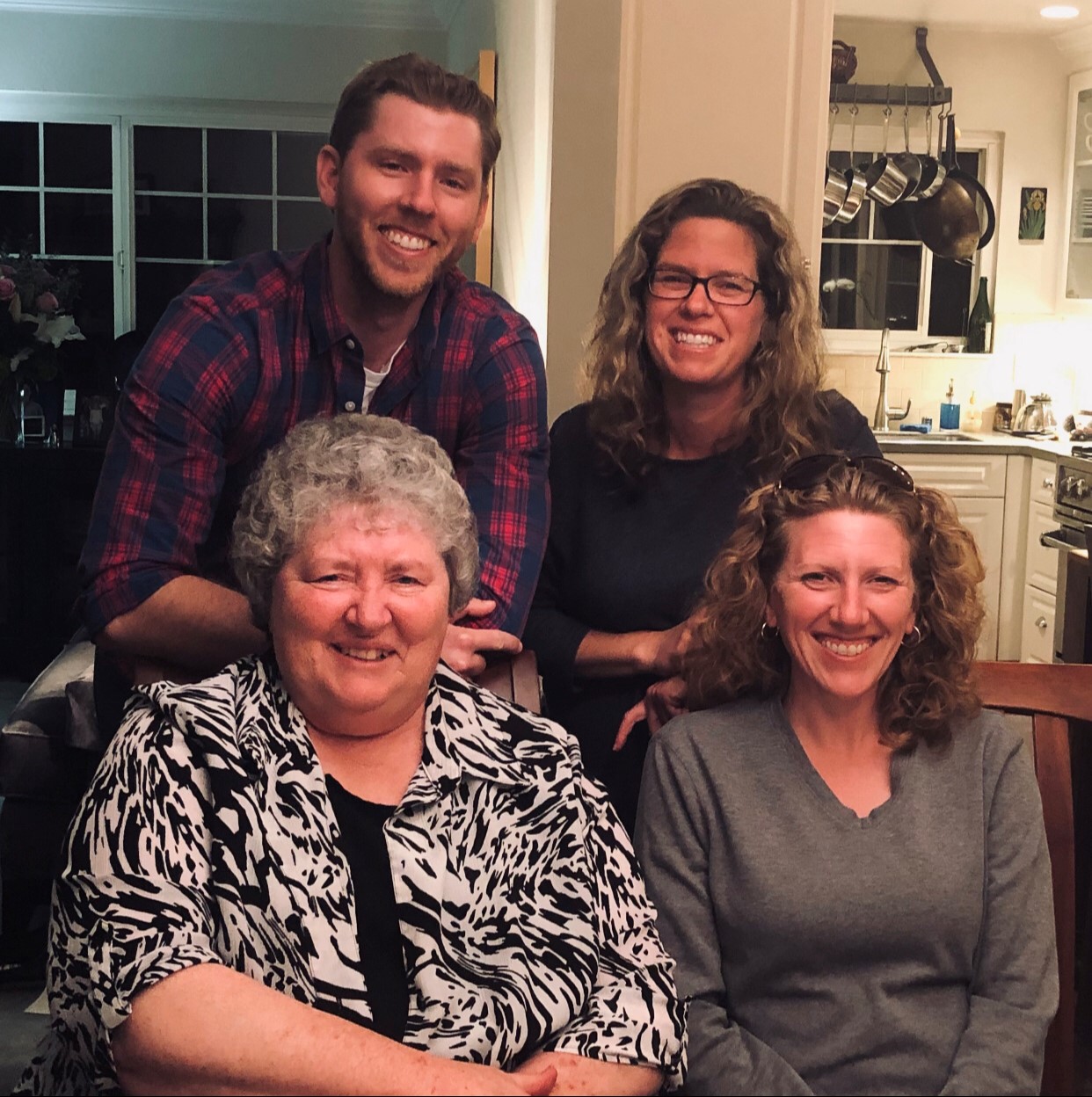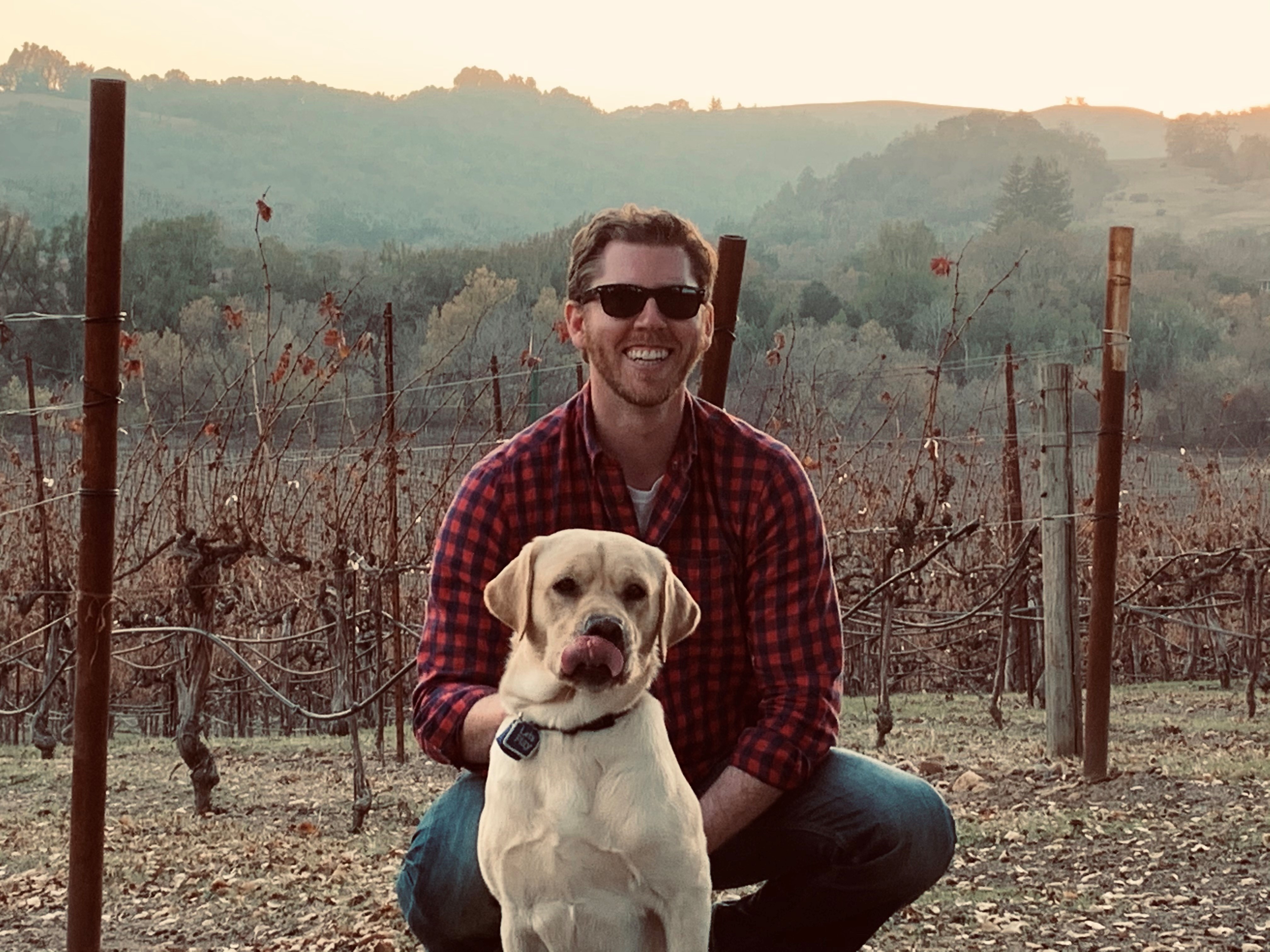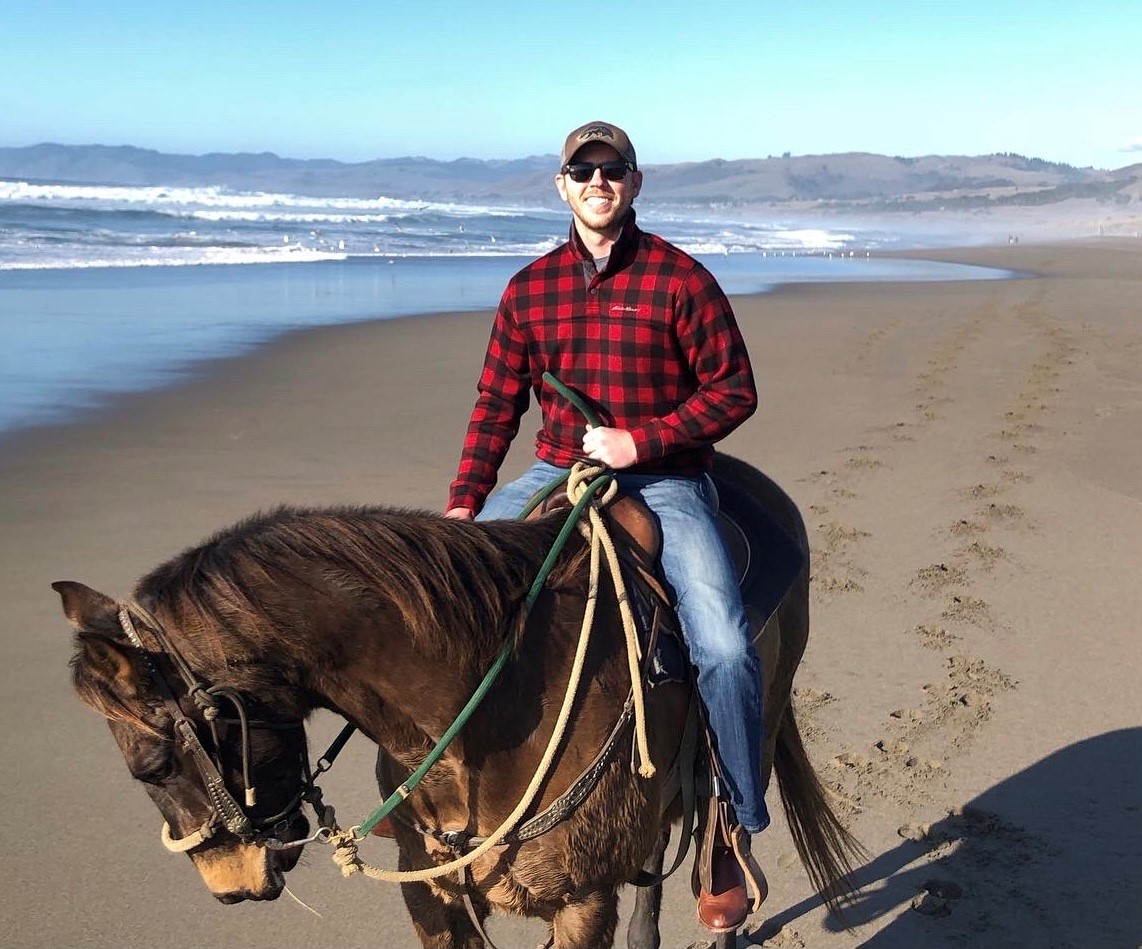Former sports talk show host now holds court as a litigator
Articles
Spotlight
View more from News & Articles or Primerus Weekly
By Brian Cox
When attorney Robert Ashley was a junior in high school, he once had a Coke with former U.S. Supreme Court Justice William Rehnquist in a courtyard of the “Marble Palace.”
The self-described history nerd was excited to be in Washington, D.C. to visit the Smithsonian and the capital’s monuments. His mother, Marilyn, had just completed a fellowship through William and Mary College and the family had the opportunity to take a special tour of the U.S. Supreme Court building, which led to the teenager meeting the Court’s 16th chief justice.
For many lawyers, that might be the origin story of why they went on to law school and became an attorney, but not for Ashley, who at the time was far more interested in sports, particularly baseball, than a legal career.
“It was awesome,” he says. “But at that time, I had no interest in going into law.”
It would be several years yet before Ashley considered law school and it would prove to be at the urging of judges closer to home in Marin County, Calif., where his mother was the Court Operations Manager in charge of jury services and the civil division. She frequently attended conferences across the country to help courts implement jury systems and technology upgrades.
“Exposure to the legal system through my mom definitely played a huge role in where I am today,” says Ashley. “I grew up around judges, attorneys, and commissioners. After school, my aunt would take me to the courthouse to my mom and I would go into judge’s chambers and they would give me candy or whatever and they’d sit there and talk to me about the San Francisco Giants or the 49ers.”
A California native raised 20 minutes north of the Golden Gate Bridge, Ashley played four sports in high school. His father, Karl, was a printing salesman, who shared his son’s passion for sports.
“One of the highlights of my childhood was going to 49ers and Giants games with him and talking about players’ statistics,” says Ashley.
A scholarship led Ashley to Big Sky Country to study journalism at the University of Montana in Missoula. It was another world for the California kid, where he didn’t know a soul and could go fly fishing or hiking after class.
“It was wonderful. I love Montana,” he says. “I love the outdoors and so it was a match made in heaven.”
Entertaining the idea of becoming a sports journalist, Ashley hosted a sports talk radio show for a time where callers reveled in provoking the University of Montana Grizzlies’ in-state rivalry with the Montana State University Bobcats.

Soon after graduation, however, Ashley’s life took an unexpected turn when his father fell sick. He returned to California to be near his family and found that prospects in journalism on the tail end of the Great Recession were slim. He got a job as a clerk in the Marin County courts where his mother had worked for decades, and it was there that several judges, some of whom he had known since he was a child, encouraged him to go to law school.
So he did, enrolling at the University of the Pacific, McGeorge School of Law near Sacramento where two distinct experiences influenced how he approaches the practice of law.
In the summer of 2013, after his first year at McGeorge, Ashley worked on the death penalty trial of Joseph Naso, a serial killer convicted of murdering four women in Northern California who was representing himself.
“I was a Vanna White type figure during the trial,” relates Ashley. “I would present evidence to the jury. The judge had made a standing order that neither the prosecution nor the defendant could get up and produce evidence, so I introduced and published all of the evidence introduced during trial. Putting up evidence on an overhead projector or putting up a demonstrative chart in the middle of the well of the courtroom.”
Ashley says at the end of each day he was emotionally exhausted.
“It was incredibly chilling because I had a soon-to-be convicted killer five feet away from me and he’d talk to me every day,” says Ashley. “The comments he would make about women would make the hair on the back of your neck stand up.”
The following summer, Ashley returned to D.C., this time to clerk for Judge Lawrence Hagel of the U.S. Court of Appeals for Veterans Claims. A former Marine sergeant and Vietnam veteran, Hagel was a no-nonsense man with a dry sense of humor. He encouraged Ashley to attend oral arguments at the U.S. Supreme Court and visit as many official judicial and legislative proceedings as possible. During Ashley’s time in D.C., he also had the good fortune and privilege of staying with Steven T. Walther, commissioner of the Federal Election Commission, who invited Ashley to numerous events and introduced him to Congressmen and women, including Harry Reid, the former Senate Majority Leader from Nevada.
Ashley says he learned an immense amount from Hagel and Walther, with whom he would discuss Supreme Court case law.
An anecdote from those days that Ashley enjoys sharing involves a U.S. marshal that the young law student spoke with every morning at the courthouse. The marshal mentioned at one point that he used to play in a band and Ashley asked if he played at small events like weddings and bar mitzvahs.
“No,” said the marshal. “I was pretty famous for a while. Have you ever heard of Peaches and Herb? There were many Peaches, but only one Herb.”
“I was like, I’ve danced to your songs at weddings many times,” Ashley says with a laugh.
In his third year at McGeorge, Ashley interned with the California Fair Political Practices Commission, but it was a difficult time to focus on the future.
“My dad had taken a turn for the worse,” says Ashley, “and I just wanted to get through law school and pass the bar. I had no direction whatsoever. I’d figure out what would happen after the bar.”
He stayed close to the Bay Area after graduating so that he could help take care of his father. He took a job with a toxic tort firm in Marin County, but quickly realized it was not work he found fulfilling. He soon found different work with a firm in Napa that specialized in estate planning and probate litigation. It was there that Ashley discovered his preference for litigation and accepted a position with the Marin County District Attorney’s Office.
On Labor Day weekend, the year after Ashley passed the bar, his father, from whom he had drawn his love of history, trivia, the outdoors, and sports, died at the age of 70. On the wall of Ashley’s office at Coleman & Horowitt, LLP, in Fresno, where he now practices business and real estate litigation, there hangs a framed poster of the actor John Wayne that serves a dual purpose. It is a tribute to his father’s love of westerns and a nod to Ashley’s nickname in law school, where they called him “Cowboy” because he’d gone to college in Montana, had a penchant for wearing cowboy boots and drove a truck.

After his father’s death, Ashley did a stint with a civil litigation firm in Sacramento before coming to Coleman & Horowitt, LLP, where he feels he has found the right fit.
“It’s kind of been an odyssey, it really has,” he says.
At Coleman & Horowitt, which has offices in Fresno and Bakersfield, Ashley says the mid-size firm is made up of friendly people who foster an environment of cooperation, value community involvement and work to keep costs down for clients.
“I think that’s a true breath of fresh air,” says Ashley. “That’s something you don’t often see.”
Within weeks of his hire, firm founder Darryl Horowitt urged Ashley to become involved with Primerus.
“Darryl is a fervent advocate for Primerus,” says Ashley. “It is strongly encouraged to attend the conferences.”
Ashley attended the Young Lawyers Convention in Phoenix in March where he met attorneys from across the country and attended panels on issues pertinent to young lawyers.
“It was a great experience,” he says. “I was really taken aback by how genuine people were and continue to be. I think it’s a wonderful resource to have.”
His practice focuses on litigation involving a wide range of disputes over business, real estate, contracts, trusts, and probate.
“I’m kind of a Swiss Army knife,” he says. “I do my best to treat people well and fairly. I do what I can to have the best bedside demeanor possible.”
He says people are sometimes surprised to learn he is a litigator because he tends to be jovial, friendly and easy-going, but his competitive nature compensates for his natural geniality.
“If I didn’t have my competitive streak, I could not be an attorney,” says Ashley. “My two older sisters would cut my throat in Monopoly if they knew they could get an extra $200. You kind of learn from an early age that you have to be competitive.”
He prides himself on his attention to communication with clients and values courtesy and respect with both clients and opposing counsel.

“I don’t understand why litigation has to be so contentious,” he explains. “Yes, I understand that when property and money are involved people get very defensive and they’ll do anything they can to get what they want, but at the same time, attorneys are supposed to be that advocate to act as a buffer and cool those emotions that run hot and wild. And so often what you’ll see is the attorneys will take on the persona of their client, and that part, I don’t understand.”
Ashley says he is sensitive to the necessity of managing a client’s expectations and preparing them for what will likely be a difficult, stressful path ahead. He cautions them that the case may permeate every aspect of their lives, that they may lose sleep or even have nightmares. He tells them the process is inherently scary and unpleasant, but follows up with the assurance that he is going to do everything he can to work with them to make it as painless as humanly possible.
“I’m there to advocate for my client,” he says. “I will do everything within my power to help.”